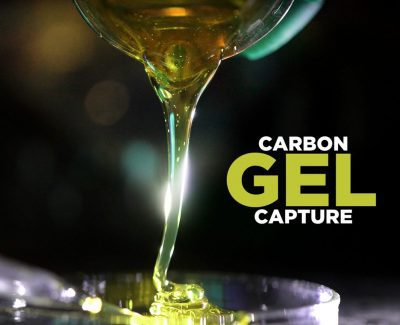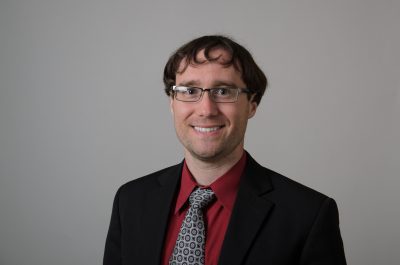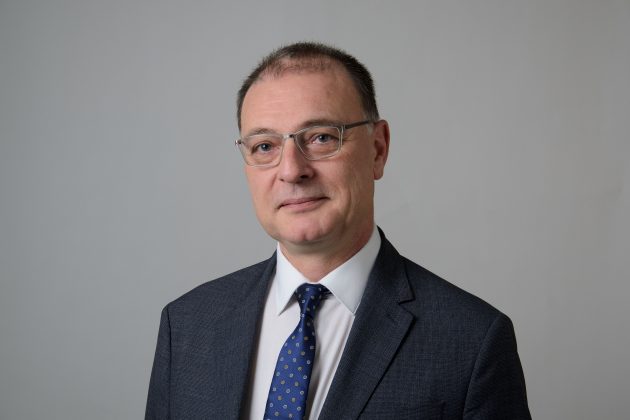Dr. Steven L. Suib, Director of UConn’s Institute of Materials Science (IMS), is working to mitigate the effects of greenhouse gasses caused by carbon dioxide (CO2) emissions through carbon capture and conversion. His work was recently highlighted in a UConn video. IMS News reached out to Dr. Suib to discuss the impacts of the his research.

How does carbon dioxide (CO2) negatively impact the environment and why is the research you are conducting critical to mitigating the impacts of CO2?
CO2 is a product of combustion from gas burning vehicles, industrial plants, and other sources. Enhanced levels of CO2 are believed to be responsible for global warming and the unusual patterns of weather throughout the world in recent years. We are trying to find ways to trap and gather carbon dioxide and also to transform this into materials that are less hazardous and with practical uses.
You state that CO2 must be trapped (or captured) in order to be converted. What methodology or methodologies are used to capture CO2 emissions?
There have been many different methods suggested to capture CO2 including physical methods of trapping in porous materials as well as chemical reactions for storage.
Discovering methods of converting CO2 to harmless but useful products requires the introduction of a catalyst to convert the gas. You have conducted extensive and often-cited research in catalysis. How does this expertise aid in your research?
The bonds in CO2 are strong and this gas is quite stable. There are many different types of catalysts that we have made. Different reactions are often catalyzed by different catalysts. To find better catalysts they need to be synthesized. The heart of our research programs centers around synthesis of new materials. Unique new materials including catalysts may have different and beneficial properties that commercially available materials do not have.
When you use the term “harmless but useful” in describing products that can be derived from the conversion of CO2, what types of products are possible?
The objective of activating CO2 is to make products that are safe and that can be used in different applications such as new fuels, new chemical feedstocks, and others. These in turn can be used in applications involving sustainable energy, medicines and pharmaceuticals, and new conducting systems (semiconductors, superconductors, batteries, supercapacitors).
It seems we have reached a critical stage in the climate crisis with calls for more research and, above all, action to reduce greenhouse gases and their negative effects. How urgent is the research you and your students and colleagues are conducting to the mitigation of the climate crisis? How close is the research to producing measurable outcomes?
The field of capturing and activating CO2 is very active right now, with numerous groups around the world trying to solve problems that would allow CO2 to be eventually used in many different commercial processes. Our work involves a small set of potential materials for capture and activation of CO2. There are measurable improvements in capture and activation. The key will be to push this to the limit so practical processes can be used.

